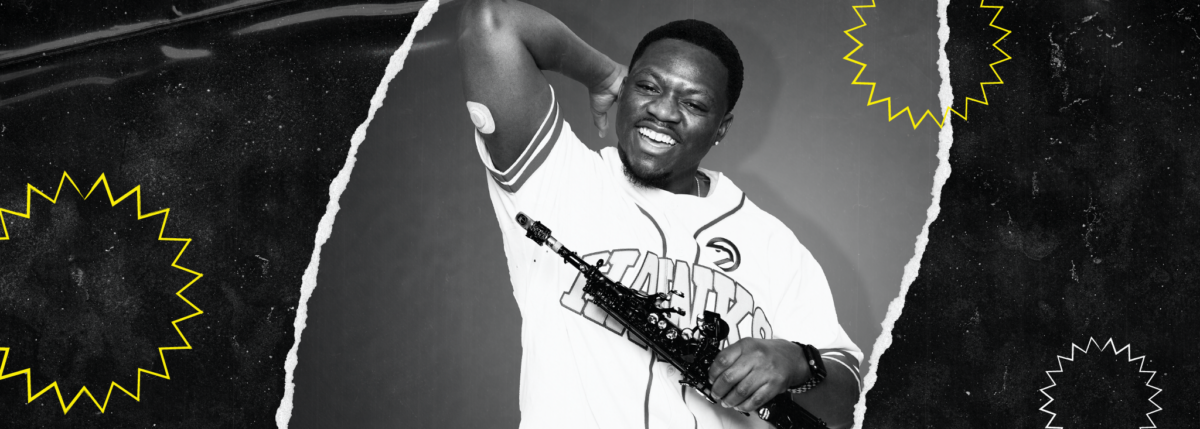My Advice for Parents of a Newly Diagnosed Type 1
Written by: Erin McShay
4 minute read
July 5, 2018
As a veteran type 1 mom of eleven years, people come up to me a lot when someone they know is diagnosed. With a heavy heart, I try to find some encouraging words to tell them. I give them my number to call; some do, some don’t. If I did get them on the line, I think I would gently tell them the following nuggets of wisdom I’ve gleaned over the years:
The one thing that you can count on with diabetes is that it is ever-changing.
There will be highs and lows, both real and metaphorically. Periods where things are flowing swimmingly, and then periods where you feel like banging your head against the wall. In these moments, remember—“this too shall pass.” Remember that there were times where things were easier, and that those times will come again. All I can say is that you will learn to persevere and navigate through the challenging periods. Yes, at times you will feel like a failure, even when that feeling is unwarranted. But when you succeed, you’ll feel on top of the world.
You’re going to get a lot of frustrating advice or warnings from people who know nothing about the disease.
While our 4-year-old was still in the ICU, someone told us that diabetes stunts your growth. I can tell you now, at 16, my son Sam is six feet tall and still growing. Once at book club a mom told me, “You know you can go blind from diabetes!”—how incredibly unhelpful. People blurt out inane statistics and thoughtless comments—just smile and nod to these nitwits, they don’t know how damaging their comments can be.
Take heart! You are not alone.
There is an amazing support system at your fingertips; social media outlets and communities where you can go and ask questions, share a good cry or receive a well-earned pat on the back. None of your friends or family members are going to know exactly what you’re going through unless they are also a type 1 parent. Only a fellow type 1 parent will know how good it feels when you keep your kid’s numbers in range for twenty-four hours and dose exactly enough for pizza. Or how scary it is when they get the stomach flu. And believe me, if you’re up at three in the morning, chances are there is another mom or dad up on Facebook too, willing and able to help.
Don’t beat yourself up over high A1c’s, or scary lows when you give too much insulin.
Or when you’re on vacation and you forget something crucial. While it’s a completely normal human reaction, self-castigation is rarely forward thinking or constructive. Mess ups are going to happen. And managing type 1 requires constant adaptation—once you get your child’s numbers good, they’ll go through a growth spurt, or their hormones will spin out of control, or they’ll start a sport, and their numbers will need adjusting again. Don’t get fatalistic, just adjust and move on.
The truth is that taking care of a type 1 child is a new full-time job with little benefits, no pay and a lot of frustration. You’ll become a pro at snapping at your insurance company and reeling off instructions to teachers and coaches.

I try to remember what words of wisdom helped me when our world was shaken like a snow globe. I remember all too well the shock and heartbreak. I felt confused and overwhelmed with so much to learn in such a short amount of time. I read somewhere, “It’s okay to feel sorry for yourself briefly, but then you’ve got to pick yourself up and get to work.”
I keep a cartoon above my desk. You might have seen it, it’s a large pelican devouring a tiny frog, but the frog has his hands in a vice grip around the pelican’s neck to keep from being swallowed. The inscription says, “Don’t ever give up.” I’ve heard that this is posted on the walls of the Johns Hopkins Oncology Center.
Diabetes is not for the faint of heart. It’s difficult, demanding and defeating at times, but you must be the frog. Keep fighting, because scientists and researchers are working diligently for a cure right now at this very moment. We live in a time of insulin, and 670G pump systems, and as my Irish mother says, it can always be worse. Walk through any children’s hospital in the country, and you’ll know this is true.
There are going to be times when you’ll want to throttle your teen for forgetting to dose, or running out of supplies at school, but then there will be other times when you’ll be so proud of them, your heart will burst open like a thousand butterflies in a botanical garden.
Most importantly, I’d tell parents that they are raising a little warrior. Your child is going to endure thousands of finger pricks, shots, site changes, missed sleepovers, sleepless nights and interrupted soccer games, but they will be stronger despite all this. While their friends are laughing and eating lunch, they’ll be remembering to count carbs and dose insulin. They’ll be smarter and more confident; ready to take on the world because they have had to be responsible their whole little lives.
Tell them to wear their Dexcom like a badge of honor; not to hide their illness ever, because their lives depend on others knowing. They may hate the Dexcom or pump, but it’s giving them more freedom than kids ten, twenty years ago, and the technology keeps getting better. I feel safer allowing my teenage son to do so much more now that I can track his blood sugar from my phone.
Diabetes has strengthened the bond I share with my son. It runs deeper because we’ve been through so much together. My hope is that one day he’ll realize all my hampering, nagging, texting and intrusions was done out of love.
You can’t worry about the future because, “tomorrow will take care of itself.” Take it day by day, learn everything you can, ask questions, make mistakes and remember to laugh. We as parents are still learning, adapting and growing into our better selves. Our kiddos will have so many character building life experiences, built on top of one another, preparing them to endure everything life throws at them, they can’t help but thrive in this world—and so will you.
Dealing with a new diagnosis? Visit Beyond Type 1’s resources here.

Author
Erin McShay
Erin McShay is a blogger, author, type 1 diabetes advocate, and mom to 15-year-old Sam. Sam was diagnosed at age 4, and recently celebrated his type 1 diabetes (T1D) 10-year anniversary. Together their walk team “Yosemite Sam” has raised over $30,000 for type 1 diabetes.
Related Resources

Danica Collins not only prepared for one of the most challenging physical events of her...
Read more

Beyond Type 1 is spotlighting inspiring athletes with type 1 diabetes as they prepare for...
Read more

On November 3, 2024, Taylor Rindfleisch of Chicago laced up her running shoes for the...
Read more

